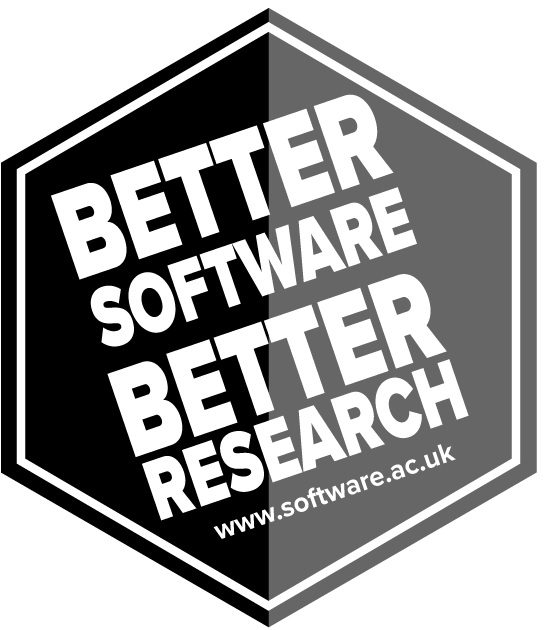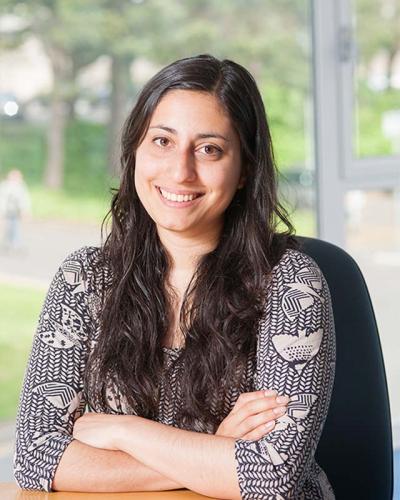Introduction to The Software Sustainability Institute and its work with the research software community at the University of Edinburgh
Introduction to The Software Sustainability Institute and its work with the research software community at the University of Edinburgh
Posted on 22 March 2019
Introduction to The Software Sustainability Institute and its work with the research software community at the University of Edinburgh
 Come and find out about The Software Sustainability Institute at the University of Edinburgh on Tuesday 26th March at 14:00, in the Bayes Centre, University of Edinburgh.
Come and find out about The Software Sustainability Institute at the University of Edinburgh on Tuesday 26th March at 14:00, in the Bayes Centre, University of Edinburgh.
Neil Chue Hong, Institute Director, and Mario Antonioletti, Research Software Engineer, will give an overview of the important role that software plays in research and innovation and describe some of the Institute’s activities around the research software community in the UK and in Edinburgh. In particular, Neil & Mario will present different opportunities to collaborate with us and connect you to a wider research software community.
The Software Sustainability Institute is based at the Universities of Edinburgh, Manchester, Oxford and Southampton, and draws on a team of experts with a breadth of experience in software development, project and programme management, research facilitation, publicity and community engagement. Some of our most recent community activities in Edinburgh include the Edinburgh Research Software Engineering Community meetings (CERSE) and Edinburgh Carpentries (EdCarp) software engineering and data analysis training workshops.
The Bayes Talks Series features presentations from all areas of data science, AI, and related fields. It aims to provide a forum for staff and students from all parts of the University and our partner organisations to engage with innovative research and education in these areas, and to help generate new ideas for future initiatives across traditional disciplines. Talks are aimed at a multidisciplinary audience with varying levels of experience in specific areas.

